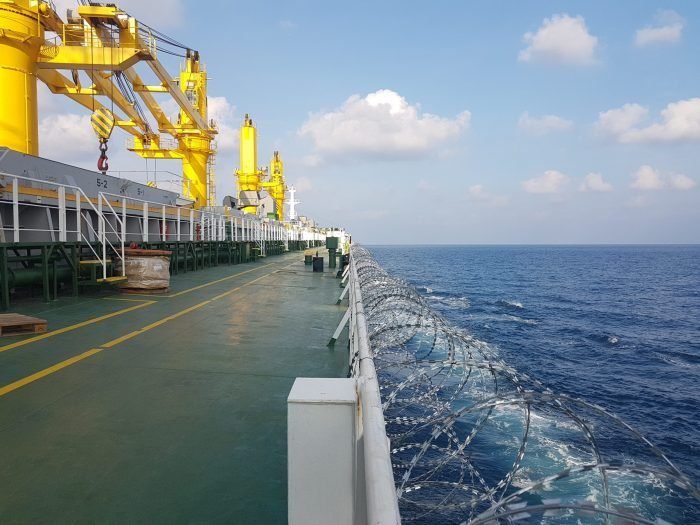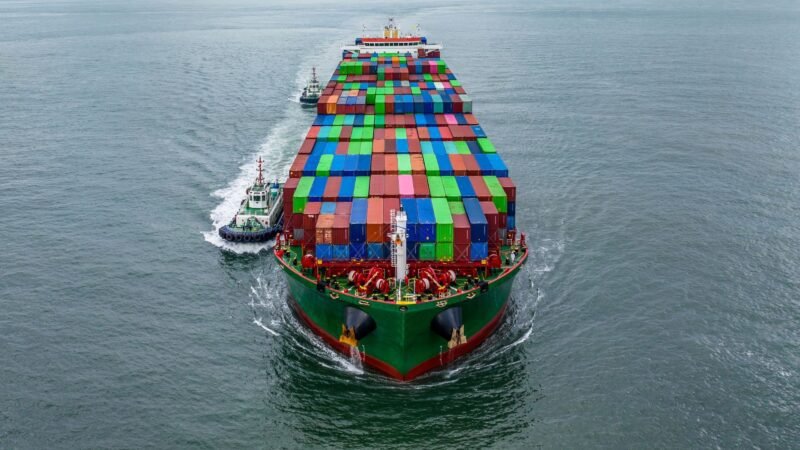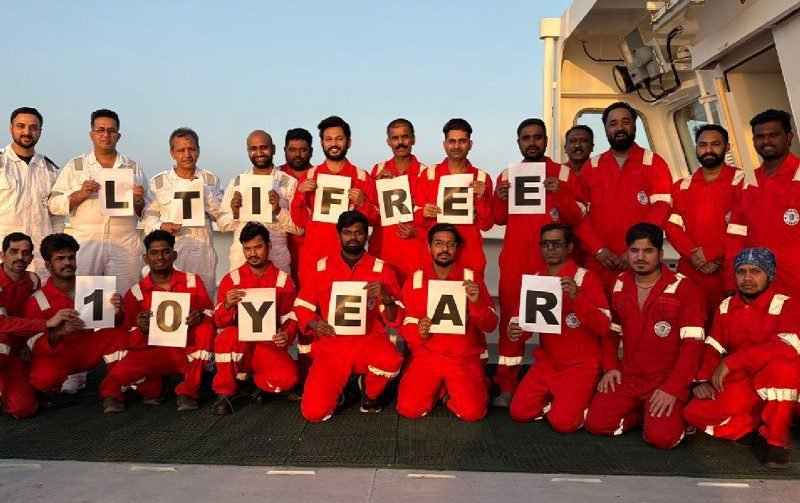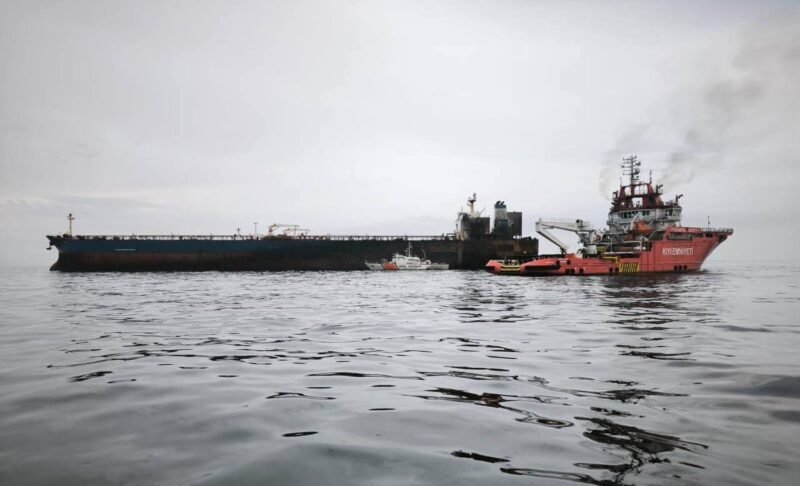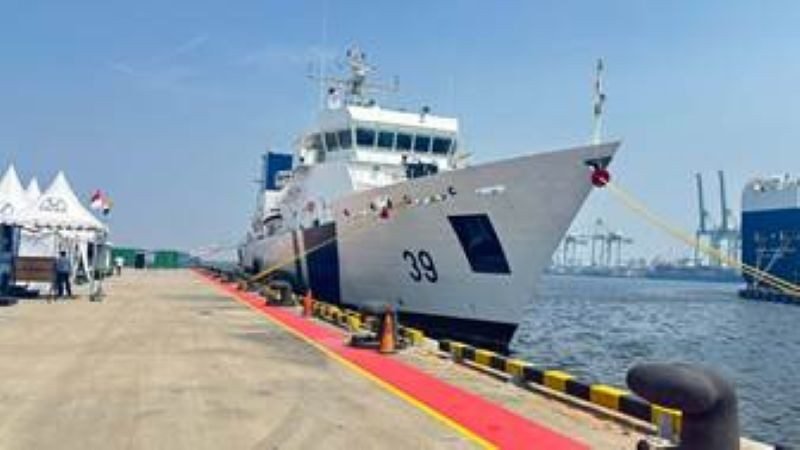Shipping constitutes over 80% of global trade by volume, making the efficiency of crew management indispensable. With approximately 1.9 million seafarers worldwide, the International Chamber of Shipping reveals that nearly 75% of maritime accidents stem from human error. This indicates that managing crew extends beyond mere scheduling or payroll; it is critical for ensuring safety, safeguarding cargo, and adhering to regulatory standards.
Regulatory frameworks like STCW, ISM Code, and MLC 2006 offer essential safety guidelines, but their success hinges on the training, rest, and motivation of the crew. Effective crew management incorporates valid certifications, compliance with work-rest hours, and regular emergency drills, fostering a culture centered around safety. Digital platforms, such as Shipmate, streamline this process by automating crew rotation, tracking certifications, and planning training, promoting safer and more efficient maritime operations.
The comprehensive nature of crew management encompasses recruitment, training, assignments, and performance monitoring. Roles like Ship Manager, Company Security Officer, and Ship Security Officer are vital to ensuring vessels operate in compliance with standards. Managing crew effectively not only meets operational needs but also enhances maritime safety and compliance, safeguarding lives and cargo throughout global shipping activities.










